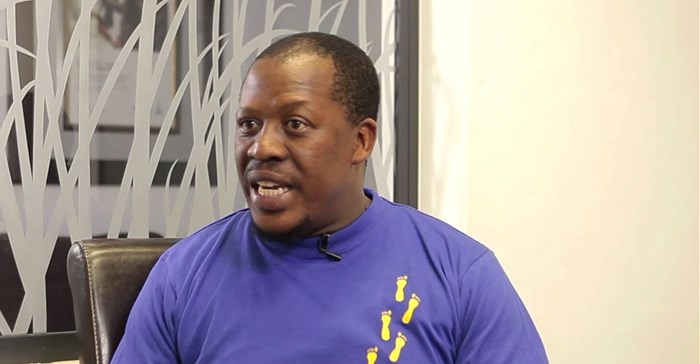
In terms of the IAEA statute as amended up to 28th December 1989, states that “the outgoing board of governors shall designate for a membership on the board the 10 members most advanced in the technology of atomic energy including the production of source materials, and the member most advanced in the technology of atomic energy including the production of source materials.”
The South African government’s indecisiveness and unassertiveness has weakened its position on the continent and in time very likely to undermine its influence on geopolitical issues. It stands to lose even more now that a significant number of Africa states have declared their progressive intentions and plans to pursue nuclear technology development.
Largely viewed as a populist move, nuclear energy does not even feature on the recently released but yet to be debated Integrated Resource Plan 2018. Much of the abhorrence to nuclear stems from the manner in which the previous administration sought to bluntly push a nuclear deal. The government’s blind and blanket opposition would prove to be unwise.
Historically, SA has been a nuclear pioneer on the continent and successfully generates some 5% of clean power from a single location reactor in Cape Town. There is immense potential for nuclear to provide a clean baseload source of energy to meet South Africa’s energy deficit while also minimising carbon emissions in line with its Intergovernmental Panel on Climate Change commitments commonly referred to as the Paris Agreement. Additionally, SA has been developing nuclear technology to use for non-power uses becoming a leader in global nuclear medicine producer.
Speaking at the Energy Sector Roundtable Stakeholder Engagement recently, Minister of Energy Jeff Radebe said, “South Africa owns the Koeberg Nuclear Power Plant as the only commercial operating nuclear power station in Africa and it supplies about 5% power to the national grid. I’m pleased to announce that South Africa is a key global manufacturer and supplier of medical radioisotopes, generating valuable foreign exchange and contributing to economic growth while providing a strong foundation and support for local industrialisation, skills development and retention, and job creation.”
Every year more than 40-million people globally receive life-saving medical diagnosis or treatment using nuclear medicine of which around 25% of medical radioisotopes used in these procedures come from just one nuclear reactor in South Africa - SAFARI-1 operated by the South African Nuclear Energy Corporation (Necsa).
The other Brics countries (Brazil, Russia, India and China) have significant nuclear build programmes to complement their economic growth except for South Africa where its potential remains unrealised on the back of policy riddled with contradictions. As developing economies, themselves, one of the first steps was to increase the availability of electricity to their citizens. This reflects the facts that wealthy developed countries are usually based on industry or information technologies and that wealthy countries use larger amounts of energy per capita than developing nations (EEA 2016).
By far the biggest proportion of installed nuclear capacity (over 80%, according to the International Energy Agency) sit in OECD countries though the balance of power with the growing economic heft of Brics countries (outside of South Africa) is likely to tilt in its favour and experts estimate that by 2035, non-OECD countries will be responsible for nearly 80% percent of the global increase in installed nuclear power capacity. A pull back for SA means it would render itself an economic laggard.
Despite being home to a diverse range of energy resources—from oil and gas in the west to strong hydro-potential in more central regions and nuclear, the continent still suffers the consequences of energy deficiency.
Africa is one of the largest producers and resource base of uranium in the world. Projections from the International Atomic Energy Agency, based on national plans for nuclear expansion, indicate that by 2050 more than 85% of Africa’s uranium will be exported for beneficiation elsewhere in the world. Very little of this will return to Africa to be utilised in our nuclear reactors.
As the nuclear leader in Africa, if we as South Africa were not to raise the bar and change these projections, what kind of example would we be setting for our continental neighbours? The benefits in terms of skills and competence in areas where SA is already a leader could be lost forever.
The least the government can do is stay informed on the progress Brics nations are making on nuclear and consider the technology in their ongoing discussions around options for increased energy access for all South Africans.